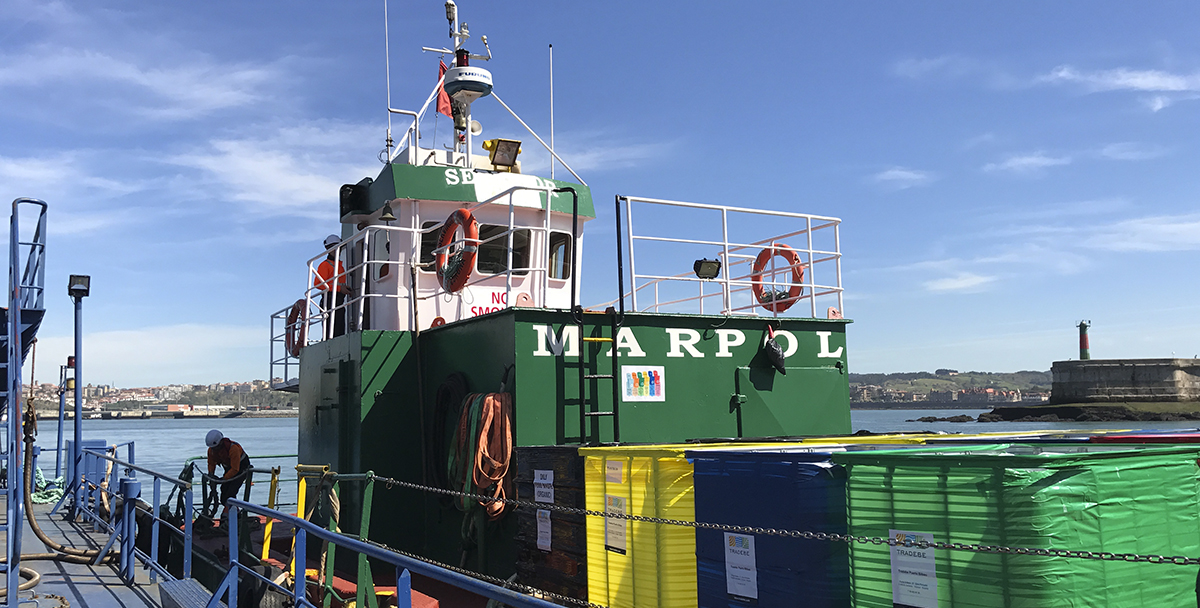
Creation date
MARPOL is the International Convention for the Prevention of Pollution from Ships, an international lawmaking from the International Maritime Organization (United Nations specialized agency) concerned with pollution being dumped into the ocean from ships either due to operational error or accidental causes. MARPOL waste is how are known ship-generated waste and ship-cargo residues, which has been classified in six technical annexes focusing on specific pollution sources:
- Oil
- Noxious liquid substances in bulk
- Harmful substances in packaged form
- Sewage
- Garbage
- Air pollution
It should be noted that MARPOL is only concerned with pollution from ships, not any other mode of transport.
How is MARPOL Waste Treated?
One of the main ways MARPOL tries to improve ship waste management and marine litter management is with proper waste management systems on board. These systems allow ships to properly treat on board or store any waste materials, while convenient and adequate facilities ashore help vessels safely offload their waste.
The annexes provide specific regulations for the management on board of ship-generated waste and the obligation to deliver this waste in port reception facilities preventing sea pollution.
Over the years, the progressive enforcement of these regulations has shown improvement in the amount of pollution and hazardous materials affecting the ocean environment overall.
In some countries such Spain, vessels pay a fixed tax to the port that entitles them to deliver all their Marpol waste, oily waste, and garbage, whatever the amount delivered. This flat waste tax has been a gamechanger and the waste quantities delivered in port has been rocketing in the last decade.
With improvement to many of its policies, MARPOL waste management has grown to set up a notification system for vessels to declare quantities and types of waste to be offloaded in every port of call, fostering waste management strategies in ports.
For the prevention of air pollution, for example, MARPOL has allowed the development of the IMO 2020 regulation that prohibits the use of the most polluting fuels in vessels by setting ambitious limits to the NOx and Sox that can be dumped into the air from every vessel. This regulation has revolutionized the development of alternative fuels in the maritime industry, and with the aim of decarbonizing the sector, and more and more, we find ships powered by LNG, and pilot tests with propulsion by hydrogen, methane, or other sources. MARPOL’s fifth Annex for the regulation of garbage includes a hard ban on the disposal of any plastic into the water.
MARPOL has improved the way maritime waste is managed and reported. It has helped many European shipping centers create safer environments and focus on the main substances and problems that are hurting the marine habitat today.
